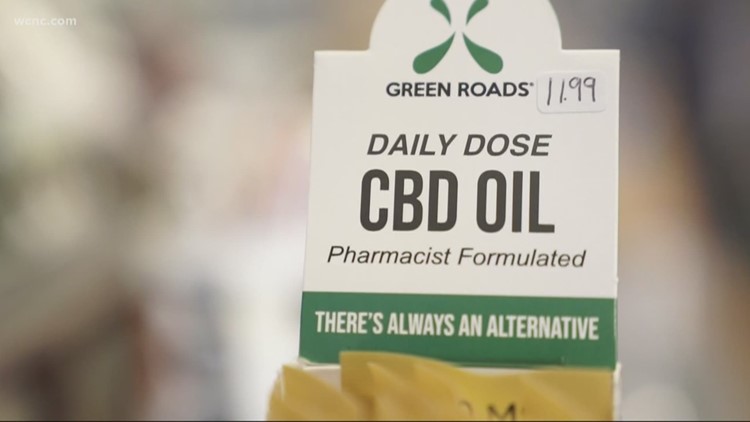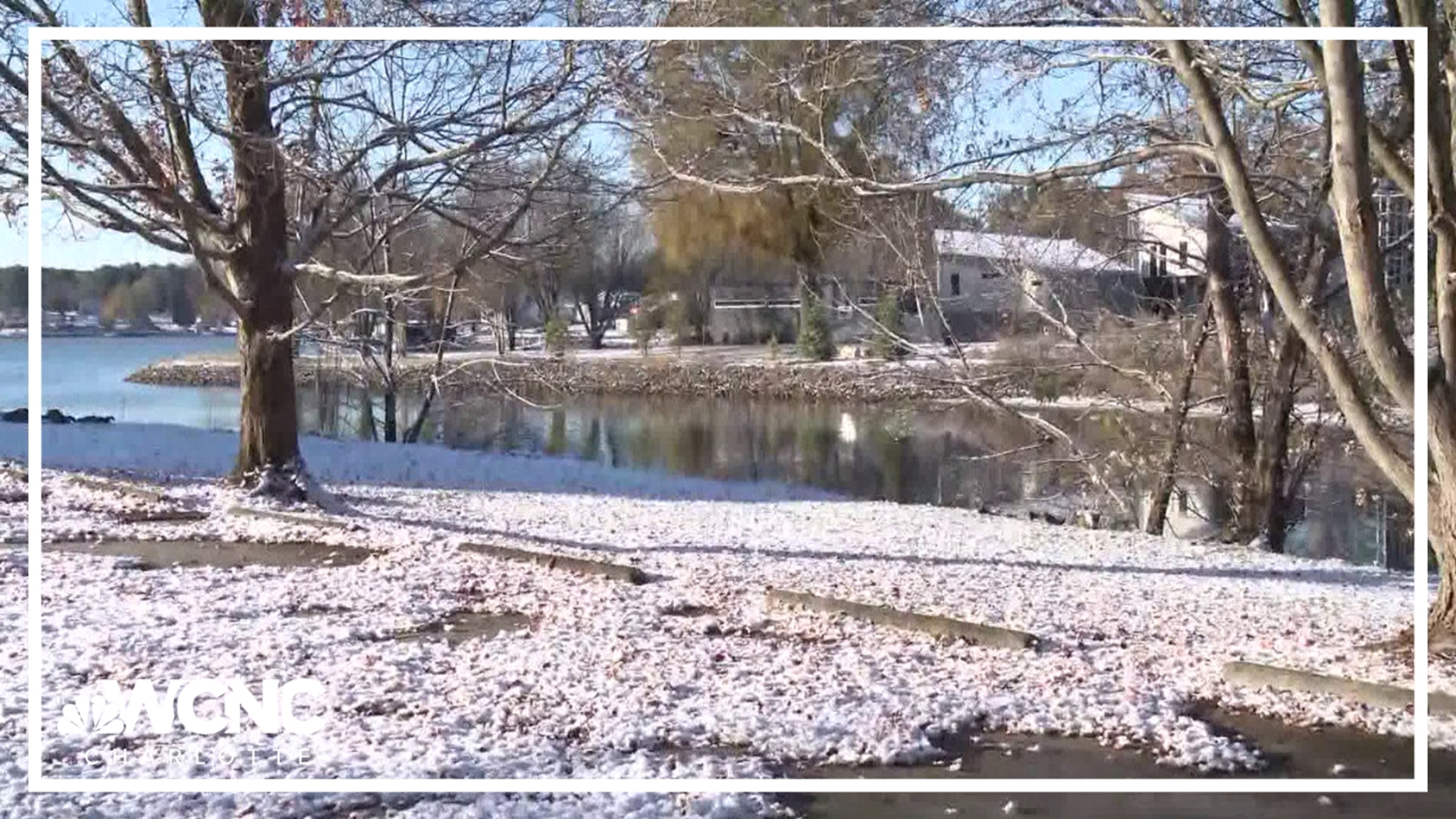CHARLOTTE, N.C. — You’re probably familiar with CBD oil, you might even have some in your home right now -- but an NBC Charlotte Defenders investigation uncovered that what you see on the label isn’t always what you’re really ingesting.
This means even a well-intentioned legal user could fail a drug test, become unintentionally impaired, or even arrested.
Phil Hutcheson for example, uses CBD oil for chronic pain, like so many others.
“This eases it up,” he said. “I was told the product I had had no THC in it."
So he brought it on a recent vacation to Costa Rica.But on his return to the United States, customs agents stopped him.
“The dog smelled it," Hutcheson said.
Officials tested the oil and found it contained an illegal amount of THC, the psychoactive compound in marijuana that gives users the feeling of being high.
“It was about 0.5%," Hutcheson recalled.
The federal legal limit for consumer hemp and CBD oil is 0.3%.
Hutcheon, a retired dentist, paid a fine to avoid jail and was warned that if it happens again, he could face a smuggling charge.
The popularity of CBD oil has essentially grown faster than federal guidelines can keep up. While lawmakers argue over how it should be produced, marketed and regulated, it’s already being sold in droves.
As a new customer, it’s hard to understand exactly what you’re buying.
“Broad Spectrum has zero THC, Full Spectrum will have .3% or less THC," explained Amanda Messina, owner of Your CBD Store of Charlotte.
It's also difficult to understand what each product will do for -- and to -- your body.
“If it builds up in your system there’s definitely a good chance you could fail a drug test," Messina told NBC Charlotte Defenders reporter Savannah Levins.
“Do you tell people that?” Levins asked.
“Yes, I always tell people that," Messina responded. "Right now there’s not a lot of regulations on CBD so there’s a lot of misleading labels out there.”
The NBC Charlotte Defenders team bought five bottles of CBD oil – three from shops in Charlotte, two from legal online retailers, and sent them off to EVIO labs in Portland, a reputable third party CBD testing facility.
(EDITORS NOTE: EVIO labs performed the tests for this story free of charge, hoping to help raise awareness about misconceptions surrounding CBD products.)
Their tests found the amount of THC per bottle ranged from 0.027 milligrams, an insignificant amount by lab standards, to 30.5 milligrams, more than 1000 times higher -- with no indication of those amounts on the labels.
All were legal, but there is a major difference when it comes to THC buildup in your system and possible unintentional impairment, according to lab experts.
“Somebody could tell you this has no THC and only CBD oil but you really don’t know," Hutcheson said.
Many credible companies send their own products out for third-party testing.
You can usually find those results online, and for now, that’s really the best way to know what you’re taking.
“Look over the lab reports make sure that what the label is saying is in the product is actually in your product," Messina said.



